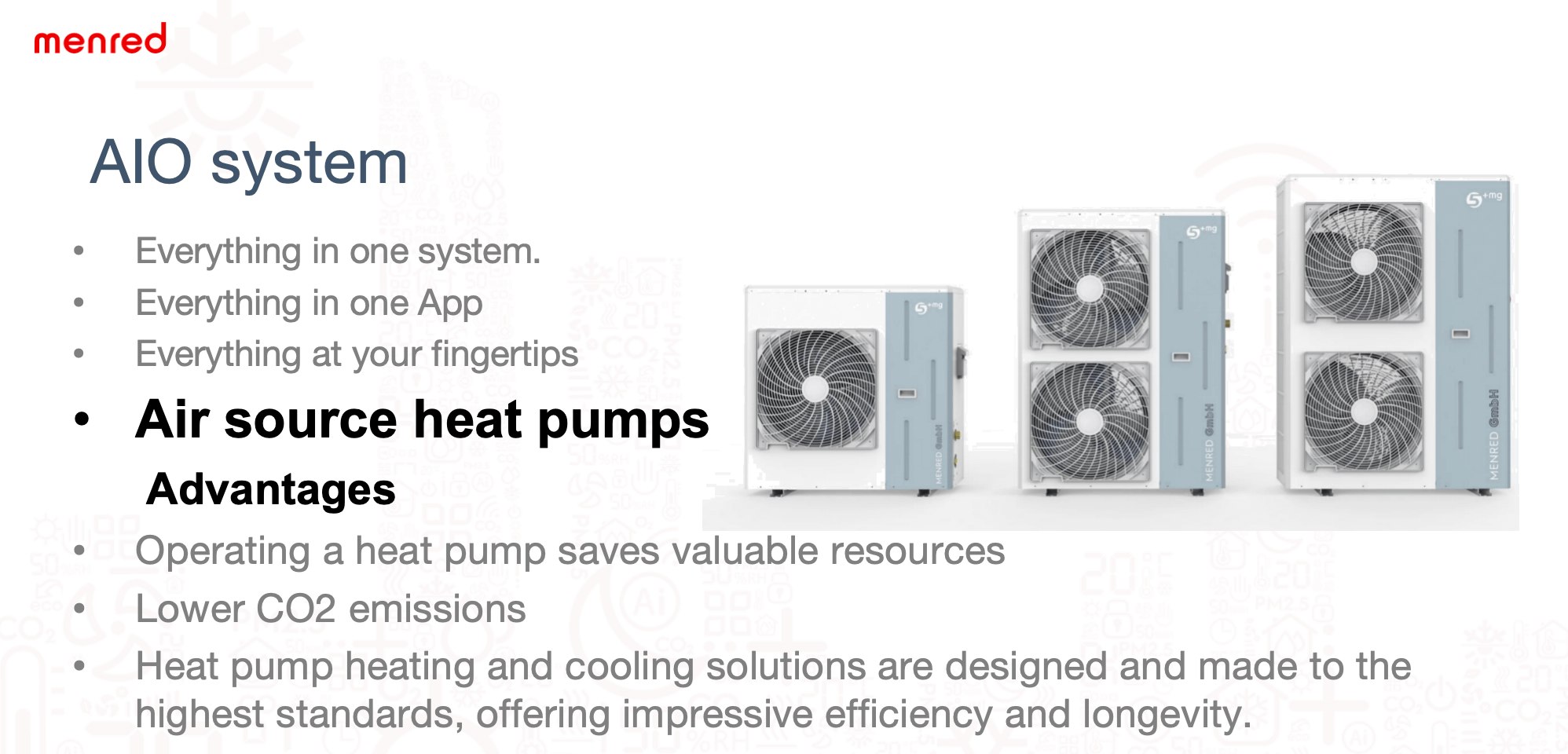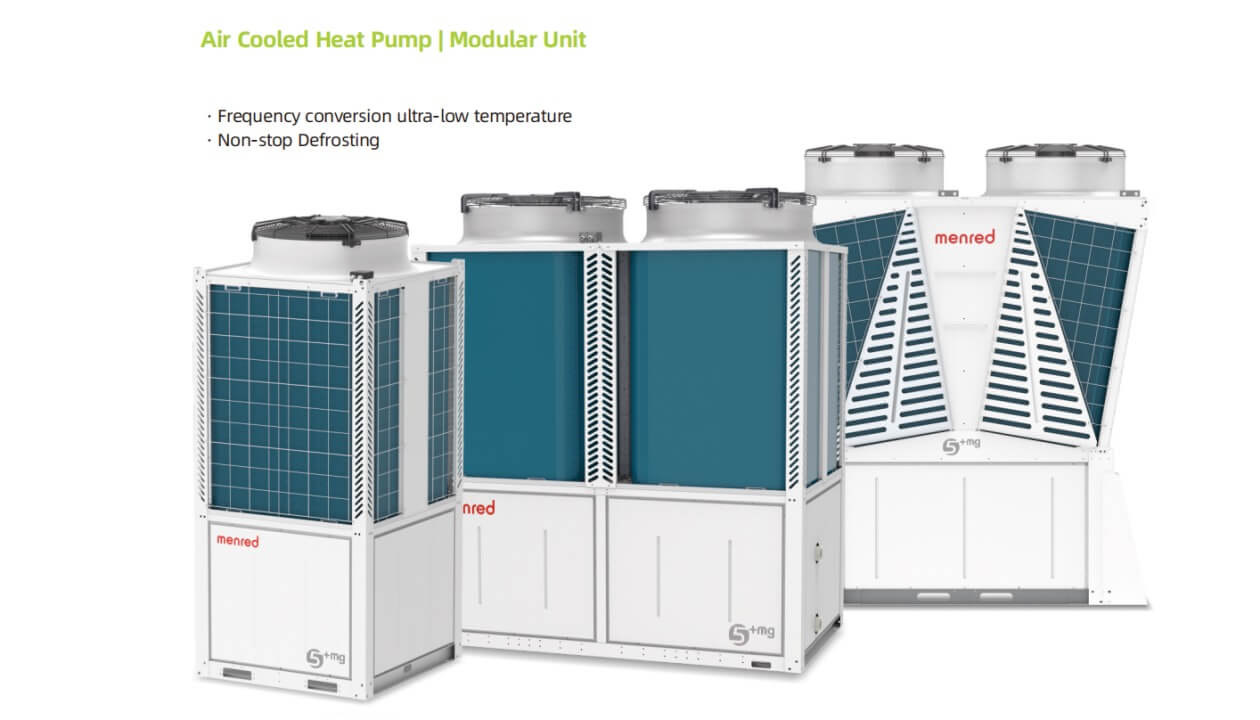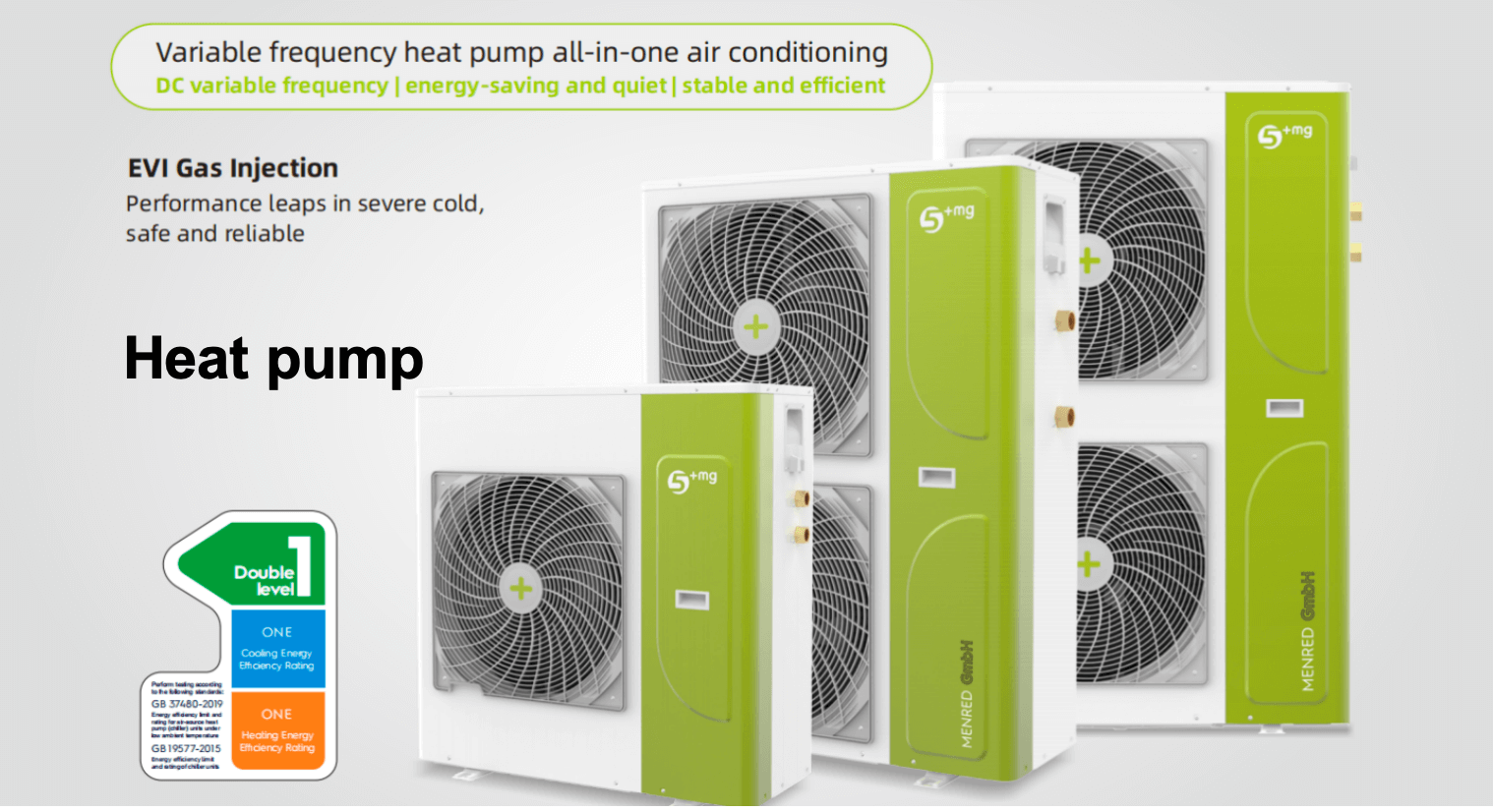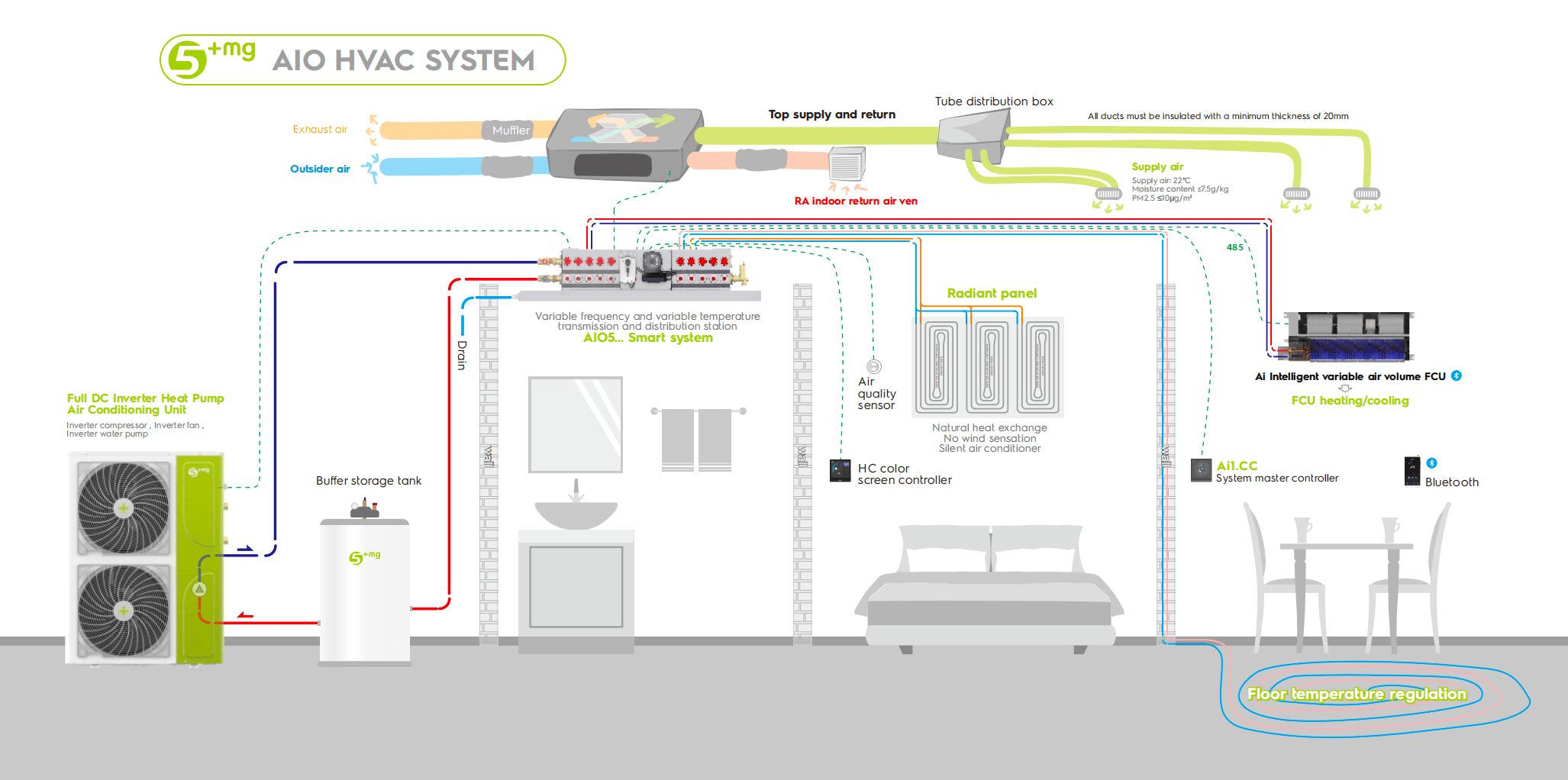Heat Pump vs. Air Conditioner
views: 2121 time: 2024-11-08
views: 2121 time: 2024-11-08
- Application and Climate Suitability: Both heat pumps and air conditioners can provide both heating and cooling, making them versatile for year-round use. However, heat pumps are generally more optimized for energy efficiency across both functions, especially in moderate climates. Some air conditioners, particularly ductless mini-split systems, also have heating capabilities and can perform efficiently in mild winters.
- Better Choice: If energy efficiency and versatility are priorities, especially in regions with moderate winters, a heat pump is often preferred. In warmer climates, a reverse-cycle air conditioner may be sufficient for year-round use, as it provides both heating and cooling functions without needing a separate heating system.
- Dual Functionality: Yes, a heat pump can replace an air conditioner because it provides both cooling in the summer and heating in the winter. In recent years, technological advancements have enabled heat pumps to operate efficiently in extreme temperatures as well. For instance, some models can handle desert conditions with temperatures above 50°C or freezing temperatures below -20°C, maintaining a high Coefficient of Performance (COP).
- Efficiency in Various Climates: While heat pumps traditionally excel in moderate climates, modern units are engineered for broader temperature ranges, allowing them to perform efficiently in both hot and cold extremes. As such, a high-performance heat pump can effectively replace an air conditioner in diverse climate zones.

- Functionality: Both heat pumps and modern air conditioners (especially reverse-cycle units) offer heating and cooling. The primary difference is that a heat pump typically offers more optimized efficiency in both functions, while an air conditioner may be more focused on cooling performance. Heat pumps transfer heat to provide heating or cooling, using a reversing valve that enables them to switch between modes seamlessly.
- Climate Adaptability: Advanced heat pumps are designed to operate in a wide range of conditions, including extreme climates, with some able to cool effectively in desert temperatures exceeding 50°C or provide warmth in areas where temperatures dip below -20°C.
- System Components: Both systems use similar components, such as compressors and refrigerants, but the heat pump’s reversing valve differentiates it, allowing it to switch between heating and cooling.
- Energy Efficiency: In general, heat pumps tend to be more energy-efficient across both heating and cooling, as they transfer rather than generate heat. This makes them particularly energy-saving in moderate climates, but many high-performance models also maintain efficiency in extreme climates. Heat pumps have high Seasonal Energy Efficiency Ratio (SEER) ratings for cooling and Heating Seasonal Performance Factor (HSPF) for heating, making them more efficient in year-round use compared to traditional air conditioners.
- Extreme Conditions: While air conditioners are optimized for cooling and can be efficient in hot climates, heat pumps retain efficiency in both extremely hot and cold temperatures, thanks to technological advancements. This makes them suitable for a broader range of climates without compromising efficiency.

- Installation Costs: Heat pumps may have a higher initial installation cost than standard air conditioners due to their added heating functionality and specialized components. However, this upfront cost can be balanced by long-term savings on heating and cooling bills, especially in regions where both functions are heavily used throughout the year.
- Operational Cost: Heat pumps, due to their ability to transfer heat efficiently, often result in lower operational costs over time compared to a combination of separate heating and cooling systems. In extreme climates, where heating or cooling demands are high, the long-term energy savings can be particularly significant.
Heat Pump Pros:
- Provides efficient heating and cooling for both moderate and extreme climates.
- Can lead to long-term energy savings, especially in regions with year-round heating and cooling needs.
- Environmentally friendly, with reduced carbon emissions, especially when powered by renewable sources.
- Eliminates the need for a separate heating system, reducing equipment costs and maintenance.
Heat Pump Cons:
- Higher initial cost compared to standard air conditioners.
- Requires proper maintenance due to its dual heating and cooling functionality.
- May experience reduced efficiency in extremely cold temperatures, though advanced models mitigate this.
Air Conditioner Pros:
- Often lower initial costs, especially for single-function cooling models.
- Efficient for cooling-only needs, making it ideal for warm climates where heating is minimal.
- Less complex than heat pumps, which may mean lower maintenance needs.
Air Conditioner Cons:
- Limited to cooling (unless it’s a reverse-cycle model with heat mode).
- May need supplemental heating equipment in regions with cold winters.
- Higher carbon footprint when paired with non-renewable heating systems.

- Power Consumption: In both heating and cooling modes, heat pumps generally use less power than standard heating and cooling systems, as they transfer heat rather than generate it. High-efficiency heat pumps can significantly reduce electricity bills, especially in climates with high heating or cooling demands.
- Climate Impact: In moderate climates, a heat pump’s power consumption is typically lower than a traditional HVAC system. In extreme climates, advanced heat pump models maintain good COP (Coefficient of Performance), reducing the impact on power bills by performing efficiently even in challenging temperature conditions.
- Year-Round Savings: By providing both heating and cooling, a heat pump can be a cost-effective option year-round, reducing the need for separate systems and thus lowering overall power consumption and utility costs.
Choosing between a heat pump and an air conditioner largely depends on your climate, energy costs, and heating needs. For year-round efficiency, a heat pump offers excellent versatility, especially in moderate climates. In contrast, an air conditioner can be ideal for areas where cooling is the primary concern. For a sustainable and efficient solution, Menred offers advanced heat pumps and air conditioning panels that ensure optimal indoor comfort and energy savings for residential and commercial applications.